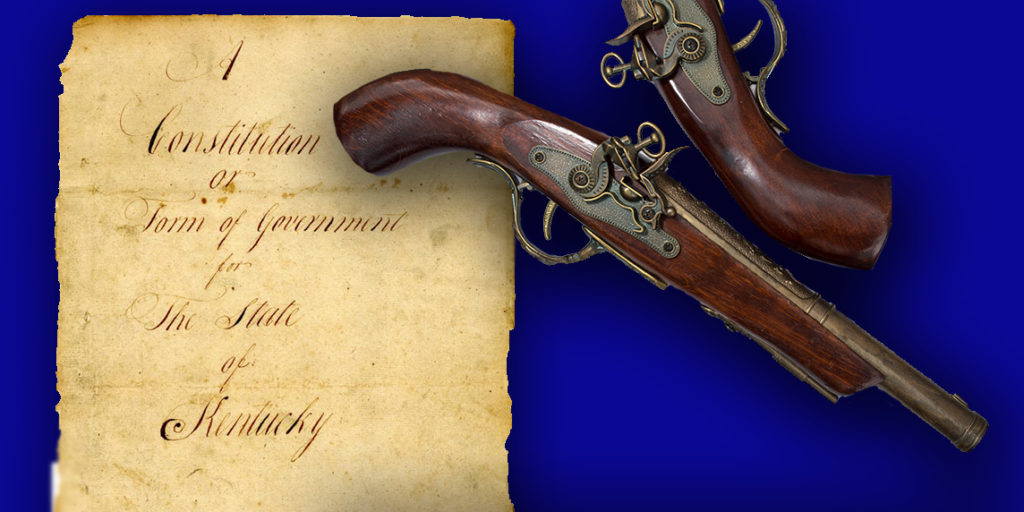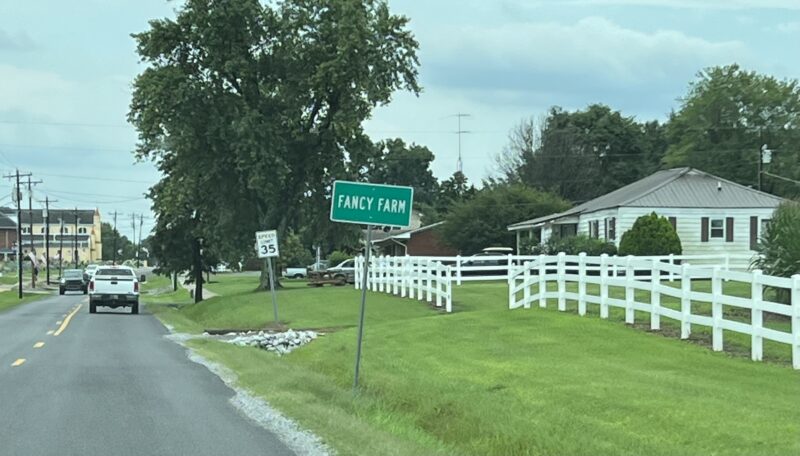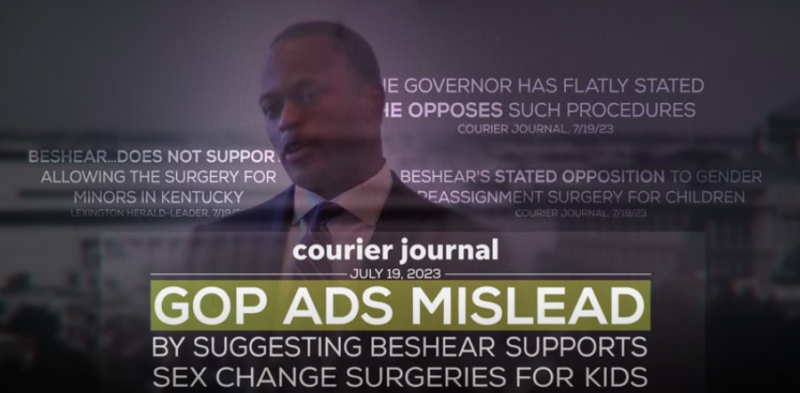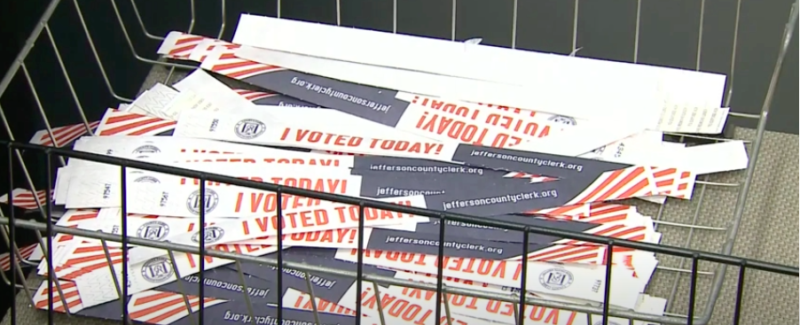J. Brandon Thompson, Opinion Contributor
“I do further solemnly swear (or affirm) that since the adoption of the present Constitution, I, being a citizen of this State, have not fought a duel with deadly weapons within this State nor out of it, nor have I sent or accepted a challenge to fight a duel with deadly weapons, nor have I acted as second in carrying a challenge, nor aided or assisted any person thus offending, so help me God.”
I could see how you might think that language is lifted from the script of an episode of Downton Abbey, or uttered by John Wayne in one of his many western films, but it’s the actual text every elected official in Kentucky must swear before taking the office with which they’ve been entrusted.
Now before you get your pantaloons twisted supposing I’m making this up, I can assure you I’m not. Even a couple decades into the twenty-first century we continue to use language adopted in our 1891 Constitution, making every city, county, and state official—from trustee of your public library, to our governor—recite these silly words while trying earnestly to keep a straight face.
Thank God we will be forever spared from the ghost of Aaron Burr serving on a local school board, but isn’t it time we update that oath a bit so every subsequent inauguration doesn’t look like a sketch on Saturday Night Live where one actor is trying her best to say her lines while the cast behind her are fighting in futility to not break character?
I’d bet my favorite top hat that an overwhelming majority of Kentuckians would favor removing the lines that make us look like we are one step up from Neanderthals, but still a couple steps back from being that banjo picking kid on Deliverance.
To be certain, 130 years ago when our current state constitution was ratified, dueling was a problem among wealthy men with “honor” so fragile that mocking the color of one’s horse-drawn carriage could land you in a field with weapons drawn to defend your good name.
In fact, it was April of 1826 when famed Kentuckian Henry Clay, then Secretary of State, squared off across the Potomac in Virginia in a duel with then-Senator John Randolph. The offense? Randolph accused Clay of cheating at cards. Luckily for them they were both terrible marksmen and so after firing a couple times each and missing they shook hands and went back to work.
When you wash up and change into your best evening suit or gown for dinner in your formal dining room tonight you should regale your family and guests with the tale of how future-President Andrew Jackson shot and killed Charles Dickinson over a bet on a horse race in 1806. The Tennesseans crossed the state line into Adairville, Logan County, Kentucky for the duel, but only the man whose face graces the $20.00 bill in your wallet rode home alive.
Another Kentuckian, Congressman William Jordan Graves ended up in a duel himself when he was just going to deliver an invitation to duel on behalf of a New York newspaper editor to Maine Representative Jonathan Cilley. Ironically, Congressman Graves got the last laugh while Congressman Cilley ended up in a grave.
As author Finley Peter Dunne’s 1890’s character Mr. Dooley, said “Sure, politics ain’t bean-bag,” but as rough and tumble as it can get in an election season here in the Commonwealth, we aren’t settling scores with flint pistols on the banks of the Ohio River. And let’s be honest, if a race gets that heated, an antiquated oath isn’t likely to stop it from happening.
When the General Assembly gathers next month, our elected officials would do well to light their oil lamps and pick up their quills and ink and write an amendment to the constitution to remove that paragraph for future officeholders. We can remember our quaint history without making ourselves look like hillbillies to the rest of the country every election year.
J. Brandon Thompson is a lifelong southern Kentuckian, political junkie, and policy wonk with opinions about everything. Also a Pastor, he most enjoys writing about religion, politics, and the points in which they intersect.



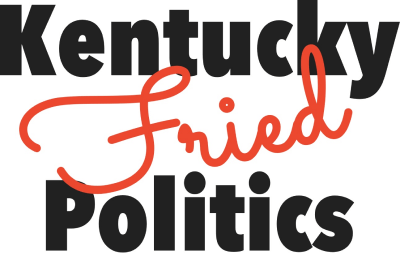
 Login
Login  Must include at least 8 charaters
Must include at least 8 charaters